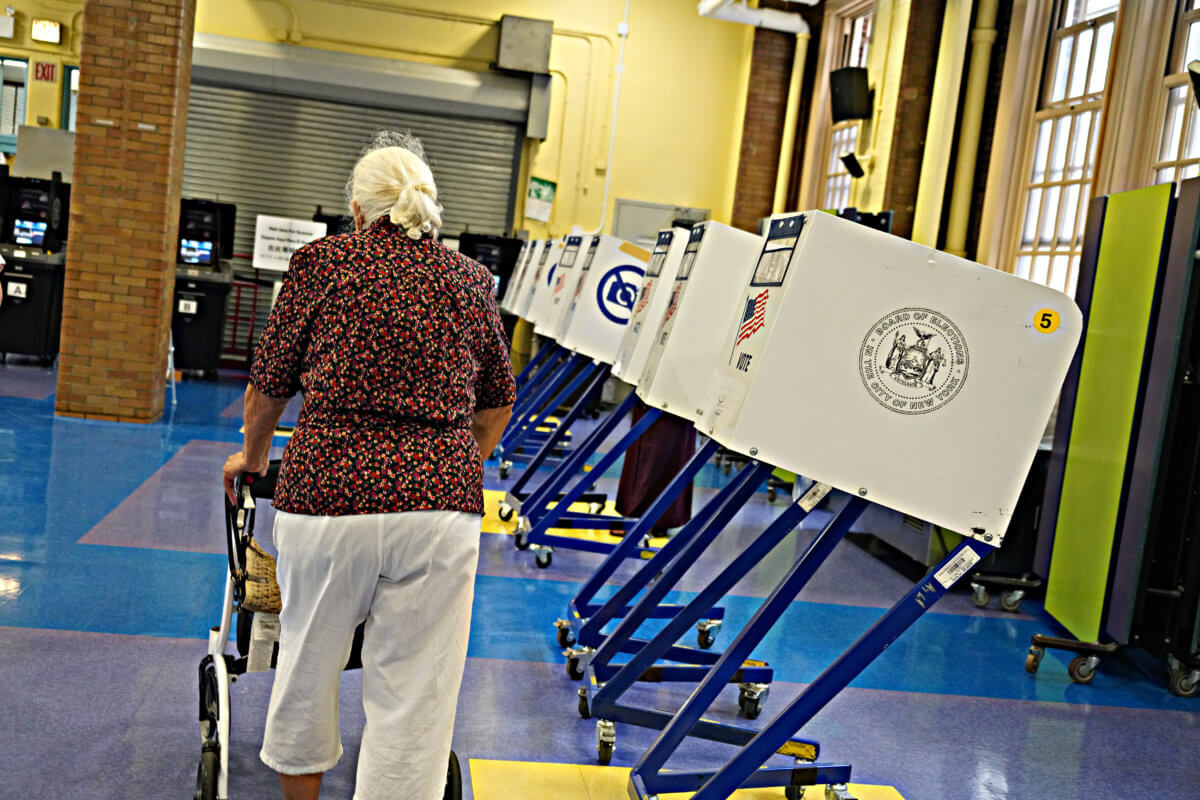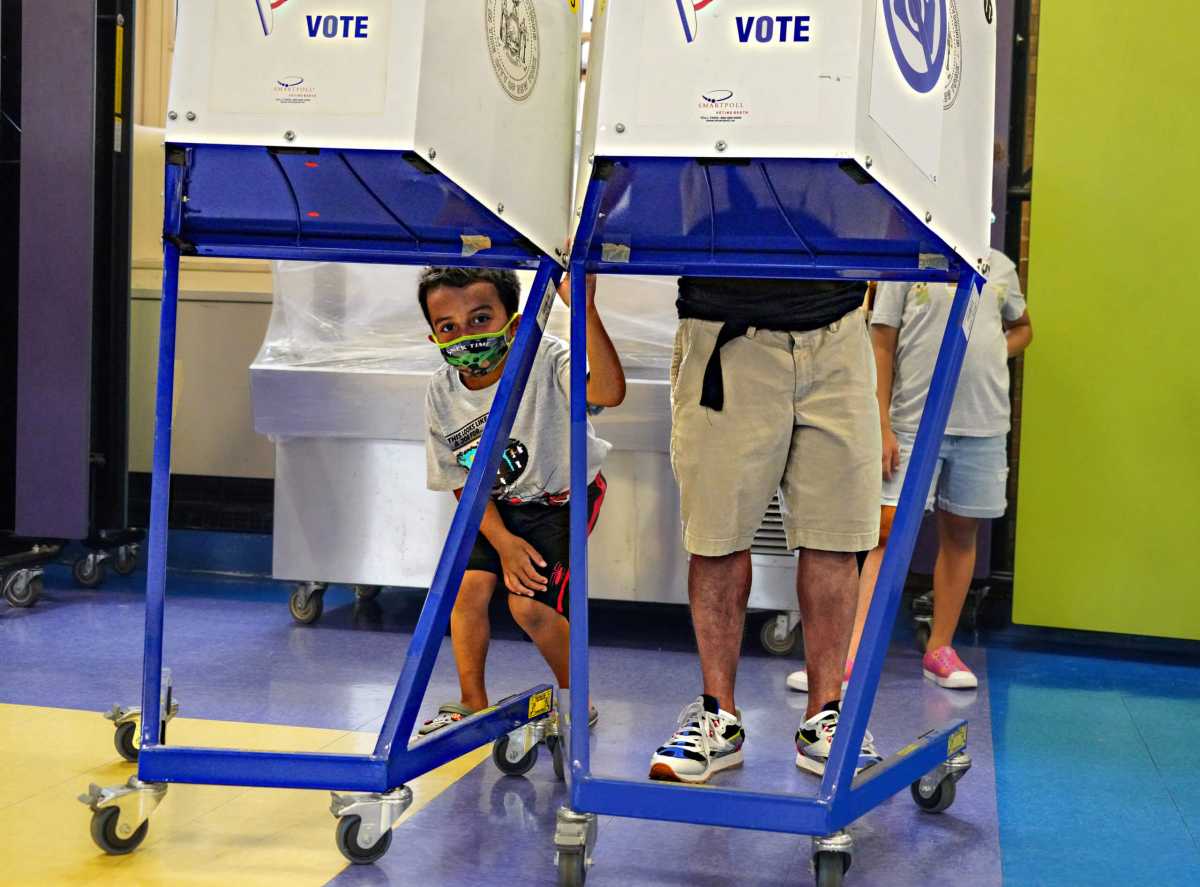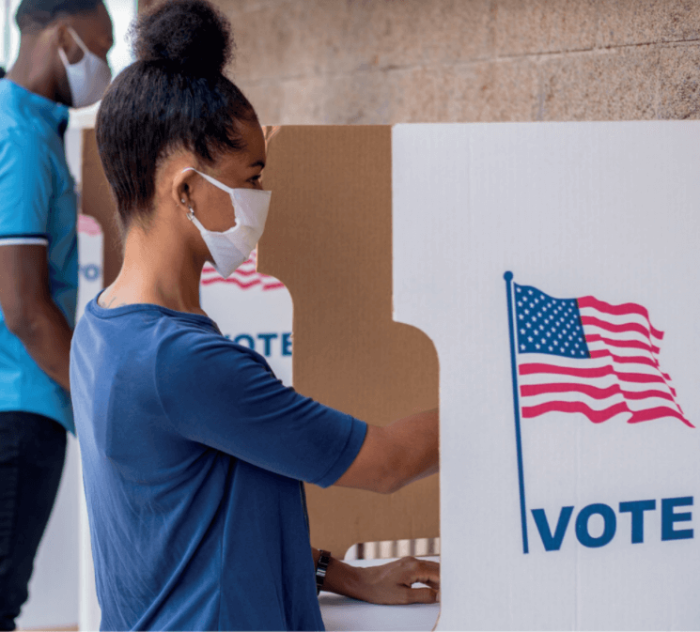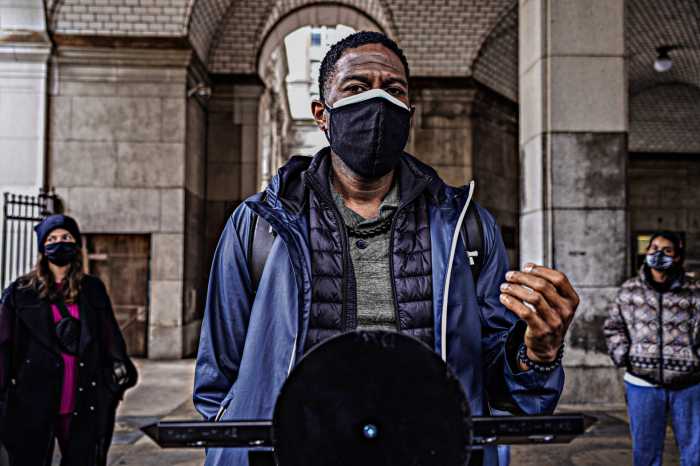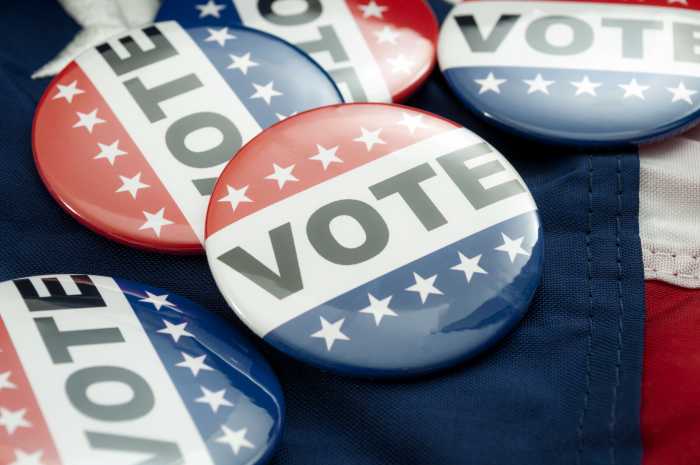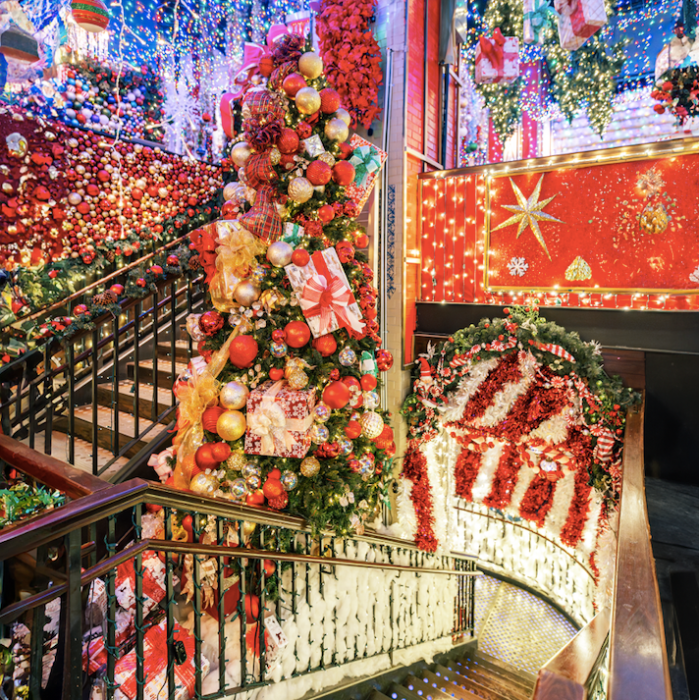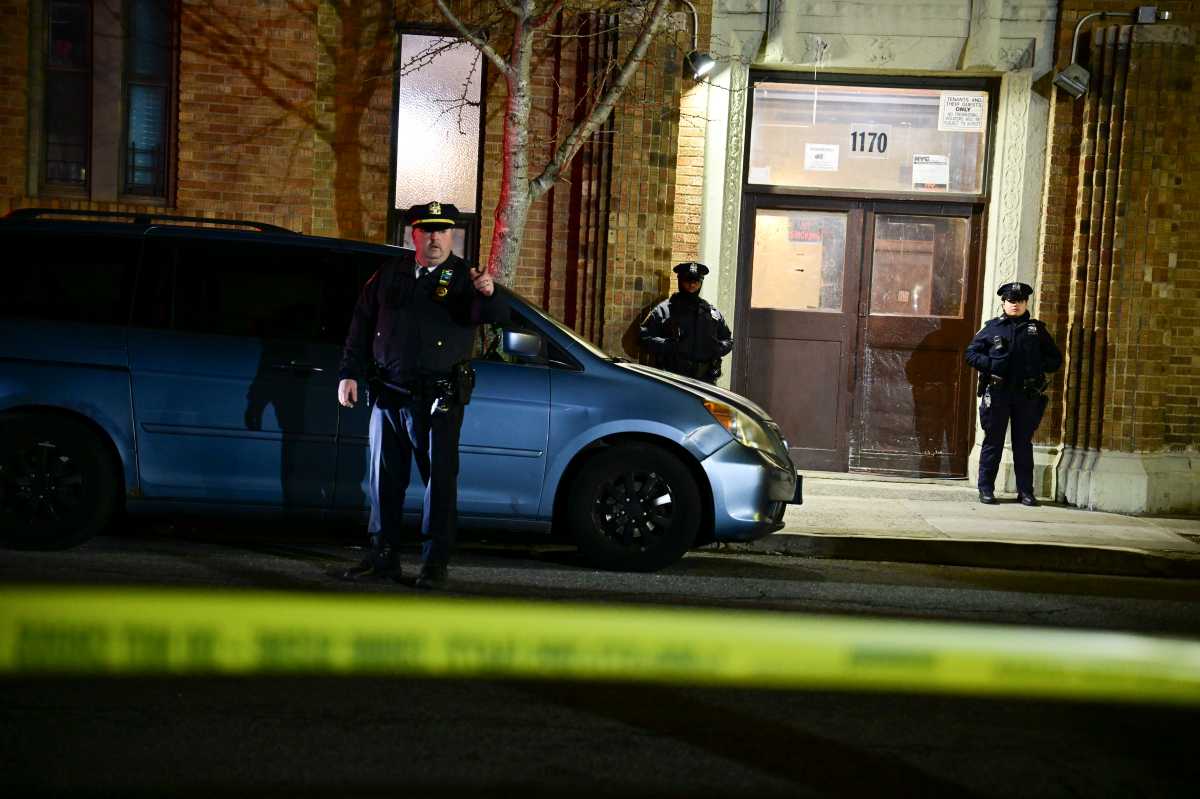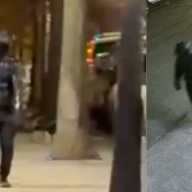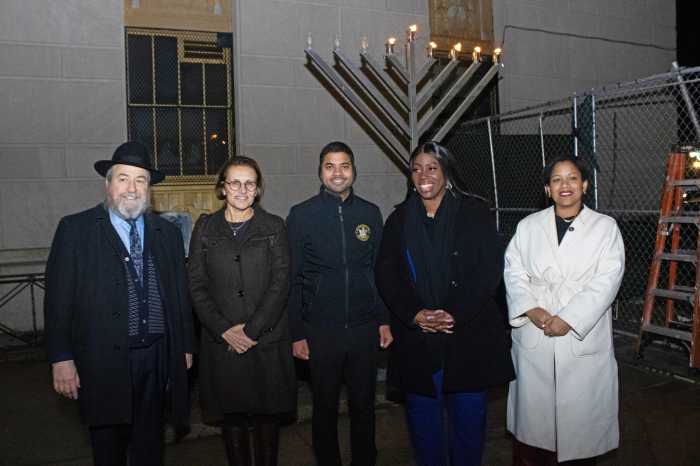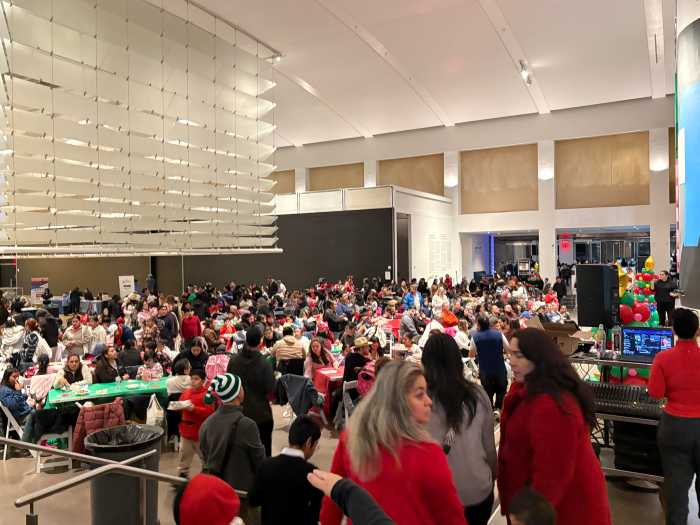With the influx of homicides and violence, Bronx residents made sure to let local government know that their voices will be heard during Tuesday’s citywide primary.
Since the early morning community members from diverse political viewpoints turned out and turned up to see changes made to city policies — the chief of which was crime. From subway slashings to the wave of broad daylight shootings, crime is one if not the most crucial topic voters say brought them out to the polls this year.
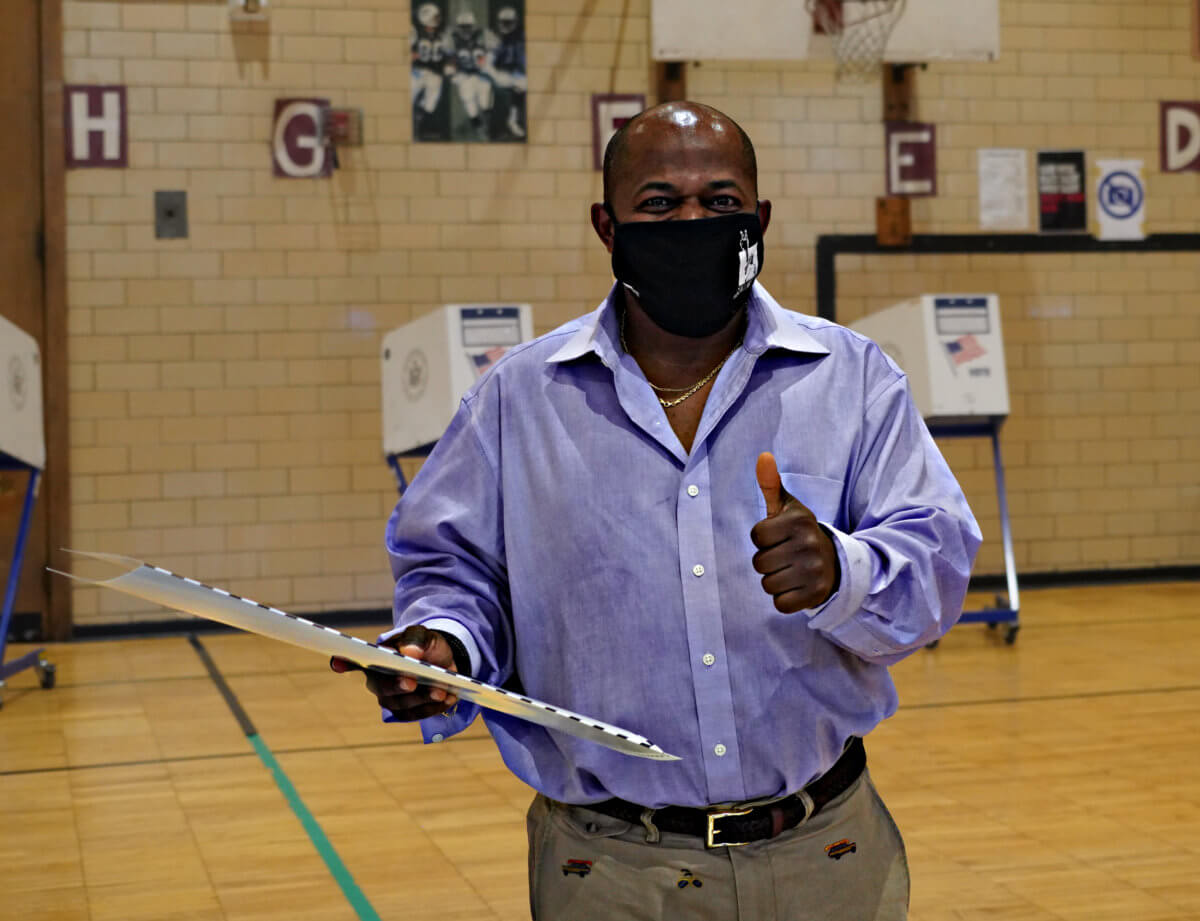
“It’s more important to vote than to just sit back and let things happen, gun violence and the amount of crime right now is really bad,” said Naushod Grant after casting his ballot within Tom Giordano School at 2502 Lorillard Place.
Fellow voter Chase Krug agreed.
“There are a ton of candidates and I feel like it’s a pivotal moment to see who will be the future mayor. You have people who want to reduce the budget for the NYPD but we have an uptick in crime. Then you have people who want to maintain some order or maintain some of that funding so that we can keep that order,” Krug said, proudly displaying his voting sticker.
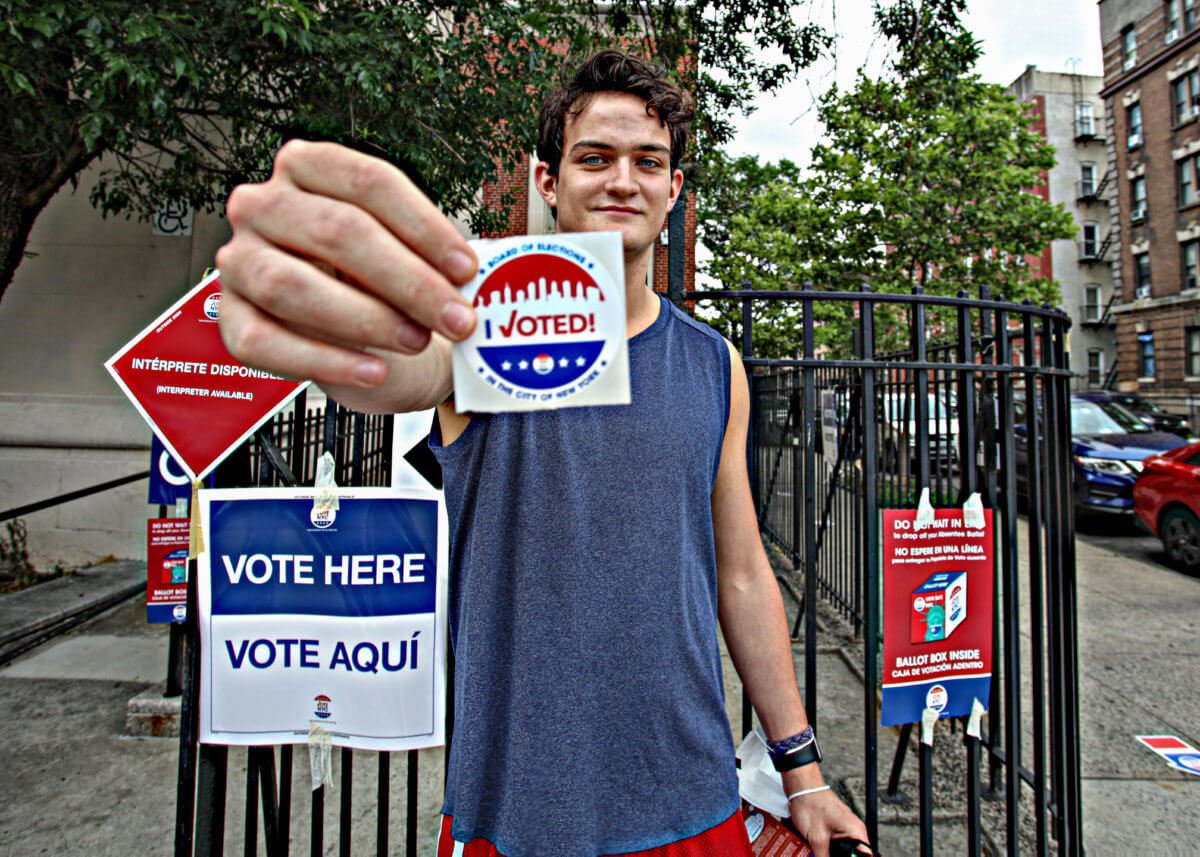
Those at the Tom Giordano School poll site were also joined by several candidates. Mayoral contender Andrew Yang’s excitement was clearly visible as he danced beside incoming students preparing for their graduation and potential voters.
“We need to invest more right here in the Bronx. I want to be the anti-poverty mayor, making New York City an emblem of what we can do to alleviate poverty in the 21st century. We have big plans right here in the Bronx and throughout the city. I cannot wait to get started,” Yang announced as he was joined by supporter Congressman Ritchie Torres.
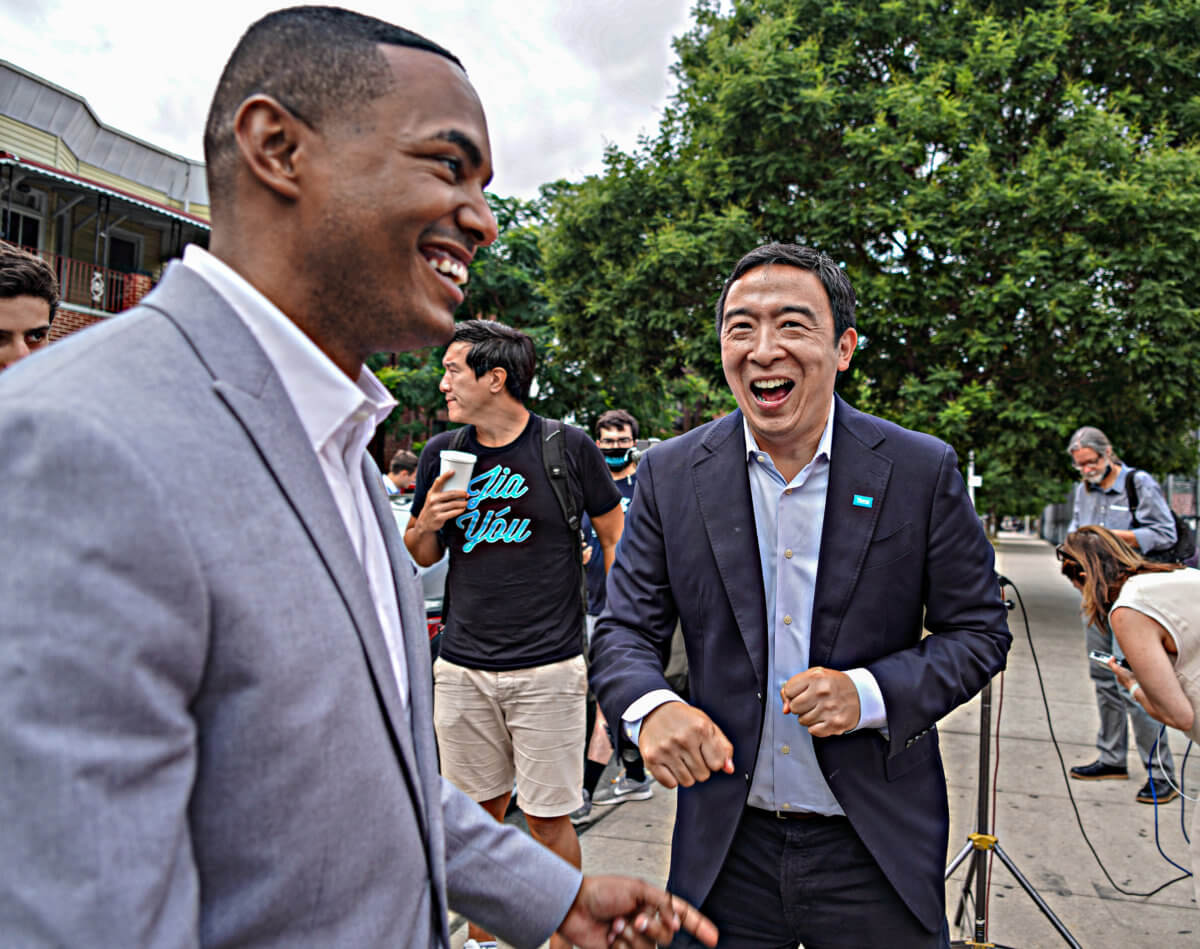
Despite putting on a brave face, results may not arrive for several days or even weeks due to absentee ballots and the ranked choice process. amNewYork Metro asked Yang if he is concerned about any delays.
“New Yorkers are not a very patient lot, but the fact is that we may be waiting for a number of weeks to get the final result and I’m committed to waiting and respecting the process,” he said. “I love ranked choice voting. I think it should be the future. Not just here in New York City but around the country. In some cases that might require a little bit more time to tabulate the results, but every vote should be counted. I’m willing to be patient and I’m hoping the other candidates will be as well.”
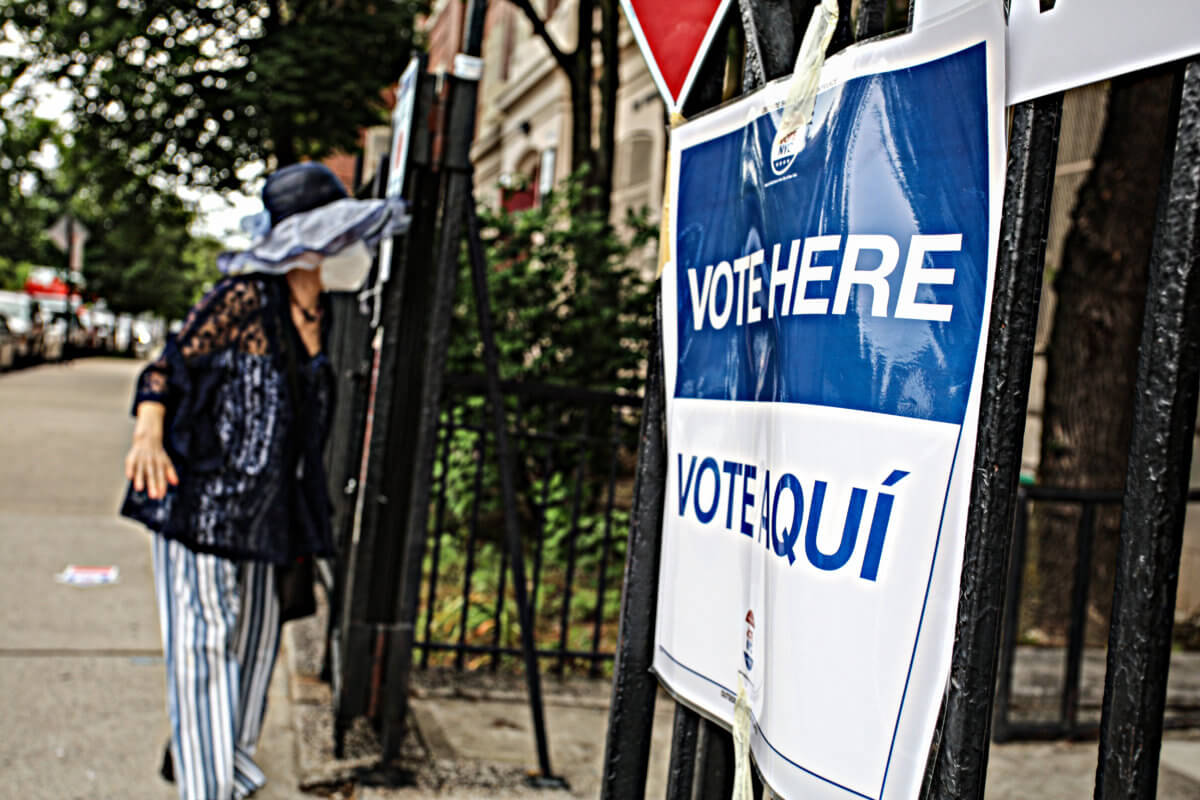
Candidates are unprecedentedly teaming up thanks to rank choice voting, which is the first time the system has been implemented in New York, a process that allows those filling out ballots to choose more than one candidate. However, some say the process was complicated while others told amNewYork Metro that they refused to use the system based on principle.
Kayla and Jean were happy to exercise their right to vote at the poll site within the Hellenic Orthodox Community Church along Bruckner Boulevard but shared that while the ranked voting process was an interesting endeavor, the only category they were well-versed in was the mayoral race, leaving them feeling ostracized on a local level.
“It was really the mayoral race that got all of the traction, everything else you had to find it out for yourself,” Kayla said. “There was not a lot of information readily available on the different people to vote on locally.”
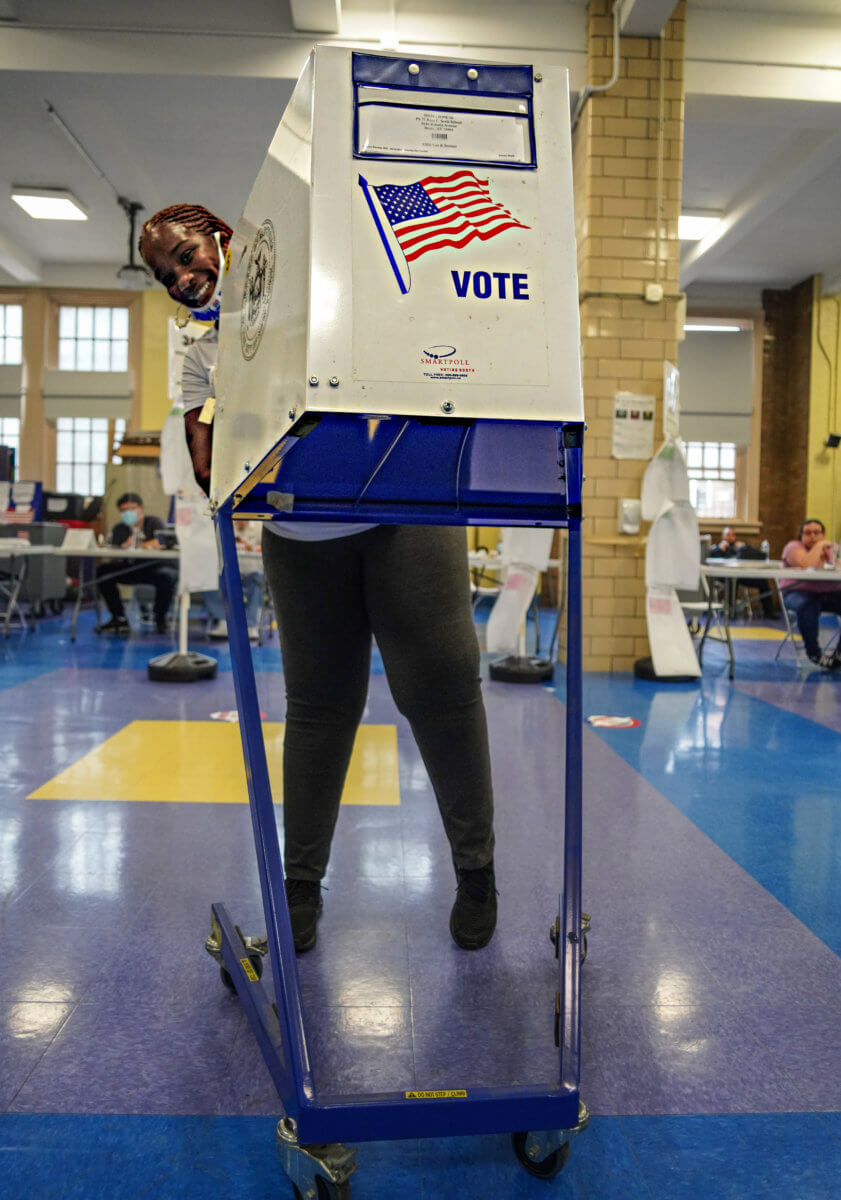
Jean agreed with her daughter, stating that the option of ranking candidates for the local races was difficult and that she did not use all five of her rankings.
“I don’t know if all of this will help or just confuse people,” Jean said, believing that ranked choice should have been whittled down to three options rather than five.
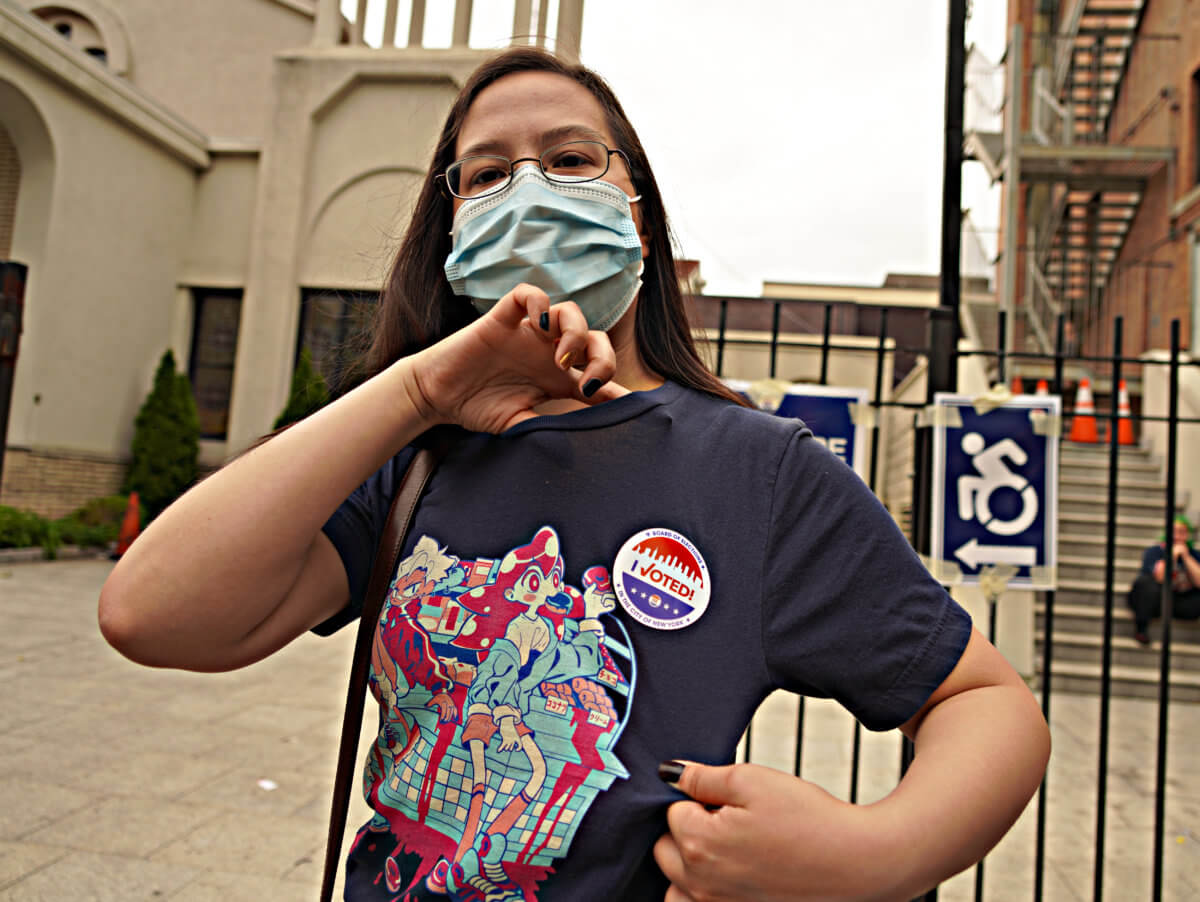
At PS 71 Rose E. Scala School in Pelham Bay, Linda and Greg Ameo found the new voting process to be unnecessary. The couple have resided in the Bronx for over 50 years, and as longtime residents and active voters, they shared their grievances with the new ranked choice voting process.
“I just voted once. I didn’t do the rank choice; I didn’t find it necessary. I think on voting day, one choice—that is the way it should be,” Linda Ameo said.
While others stated that the votes for local offices were not as publicized as the mayoral candidates, the Ameos say that this was not an issue for them since they are both very active in their community.
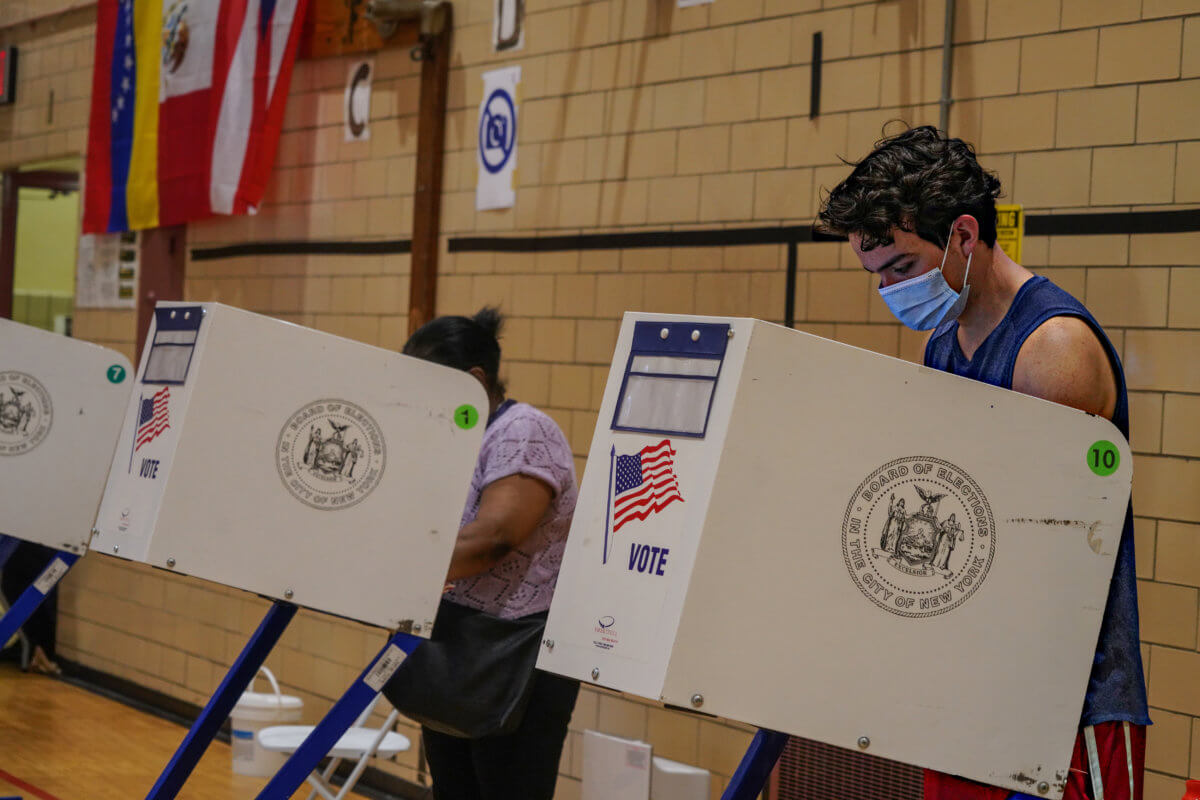
“I knew exactly who I was voting for, and I knew what was important, and what the issues were and what the problems have been,” Linda Ameo said as she began to list the key problems that motivated her to cast her vote: crime, the state of the economy, congestion, over building, parking, homelessness, and mental illness.
Still, some approved of the new process.
For Julio, ranked choice voting allowed him to carefully consider his options and the issues each candidate looks to tackle.
“It definitely made me consider every kind of issue to the detail,” Julio said.
